Global Combination Antibody Therapy Market - Comprehensive Data-Driven Market Analysis & Strategic Outlook
The global combination antibody therapy market will continue to shape the face of new medicine by pushing beyond the limits of traditional therapeutic strategies. This market will not only be engaged in improving cure rates but will also venture into new areas of individualized healthcare. Its future will be contingent on how well it can integrate cutting-edge research with precision medicine, where antibodies are paired together to augment their combined efficacy against complicated diseases.
- Global combination antibody therapy market valued at approximately USD 256 Billion in 2025, growing at a CAGR of around 8.8% through 2032, with potential to exceed USD 462.1 Billion.
- Antibody/Antibody account for nearly 33.8% market revenues, driving innovation and expanding applications through intense research.
- Key trends driving growth: Rising prevalence of chronic and autoimmune diseases increases demand for targeted therapies., Improved clinical outcomes and synergistic effects of combined antibodies boost adoption.
- Opportunities include Expansion into emerging markets with growing healthcare infrastructure offers significant growth potential.
- Key insight: The market is set to grow exponentially in value over the next decade, highlighting significant growth opportunities.
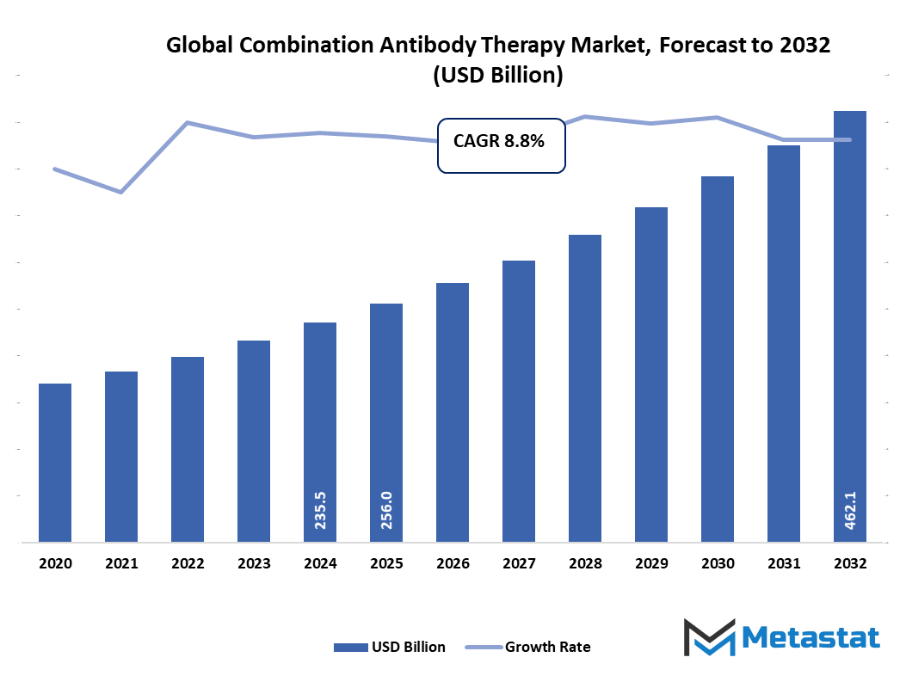
What happens when we start combining antibody therapies to tackle tough diseases? Suddenly, doors open treatments get smarter, and options grow. Now, mix in the surge of immunotherapy teaming up with targeted drugs. That’s not just a tweak to how pharma works; it flips the industry on its head. And as clinical results roll in and the rules shift, this market doesn’t just grow it changes the whole game. The future? It’s not just about new medicines, but about rewriting the playbook for how we fight disease.
In contrast to single-agent therapies, combination antibody therapies will provide a more comprehensive defense system, attacking several disease pathways at once. This technology will reduce resistance and enhance patient response, particularly in the cases of cancer, autoimmune, and infectious diseases. The industry will also investigate new molecular engineering methods, which will allow for more precise and responsive therapies, envisioning a future where treatment can be personalized according to each individual's genetic and biological profile.
Market Segmentation Analysis
The global combination antibody therapy market is mainly classified based on Type, End-Users.
By Type is further segmented into:
- Antibody-Drug Conjugates
Antibody-Drug Conjugates will be ambassadors in the global combination antibody therapy market through the technology's targeted delivery of a drug, allowing antibodies to deliver cytotoxic agents related to the disease, with reduced harm. With increased research, the biodegradability of products will improve from a safety profile, increased clinical relevance, and patient comfort.
- Bispecific Antibodies
Increased use of Bispecific Antibodies that are targeting antibodies that may bind to two different antigens at once will allow continued growth in the global combination antibody therapy market. Two-targeting will result in greater immune cell activation and efficient management of disease. Therefore providing continued advancement in Bispecific Antibodies with optimized designs for new products for conventional diseases such as cancer and viral infections.
- Chemotherapy-Monoclonal Antibodies
Chemotherapy-Monoclonal Antibodies in the global combination antibody therapy market will pave the way for cancer treatment. Integrating old-school chemotherapy with antibody accuracy will enhance treatment efficiency at reduced toxicity. New improvements in combination form will enhance patient survival and quality of life, setting new standards for oncology care.
- Others
Other combinations of therapy in the global combination antibody therapy market will be comprised of novel formats combining immunomodulators, vaccines, and new biological agents. These options will promote wider therapeutic investigation, targeting conditions that are not amenable to traditional therapies. On-going research will develop multiple alternatives, allowing personalized treatment plans across different patient groups.
By End-Users the market is divided into:
- Hospitals
Hospitals will be the key contributors to the global combination antibody therapy market as they have sophisticated infrastructure for delivering intricate therapies. Rising patient admissions and availability of specialized medical staff will guarantee the increased adoption of antibody-based treatments. Integration of digital monitoring systems will further boost the efficiency of patient management.
- Homecare
The global combination antibody therapy market will also expand slowly into the homecare sector with the improvement of self-administration technology and mobile devices. This will facilitate patient treatment to be more convenient and readily available for long-term therapy patients. Enhanced storage stability and patient education initiatives will support wider usage in this sector.
- Speciality Centres
Specialty Centres will emerge as drivers in the global combination antibody therapy market because they possess expertise in disease-specific treatment. These centers will specialize in customized antibody combinations and patient-specific treatment protocols. Future partnerships with pharmaceutical developers will enable the introduction of specialized clinical programs for precision therapy.
- Others
Additional end-consumers of the global combination antibody therapy market will be research institutions, biotech firms, and academic centers. Their involvement will enhance innovation and expedite the identification of new antibody mechanisms. Ongoing investments in translational research and clinical trials will fuel continued market expansion and medical progress.
|
Forecast Period |
2025-2032 |
|
Market Size in 2025 |
$256 Billion |
|
Market Size by 2032 |
$462.1 Billion |
|
Growth Rate from 2025 to 2032 |
8.8% |
|
Base Year |
2024 |
|
Regions Covered |
North America, Europe, Asia-Pacific, South America, Middle East & Africa |
Geographic Dynamics
Based on geography, the global combination antibody therapy market is divided into North America, Europe, Asia-Pacific, South America, and Middle East & Africa. North America is further divided in the U.S., Canada, and Mexico, whereas Europe consists of the UK, Germany, France, Italy, and Rest of Europe. Asia-Pacific is segmented into India, China, Japan, South Korea, and Rest of Asia-Pacific. The South America region includes Brazil, Argentina, and the Rest of South America, while the Middle East & Africa is categorized into GCC Countries, Egypt, South Africa, and Rest of Middle East & Africa.
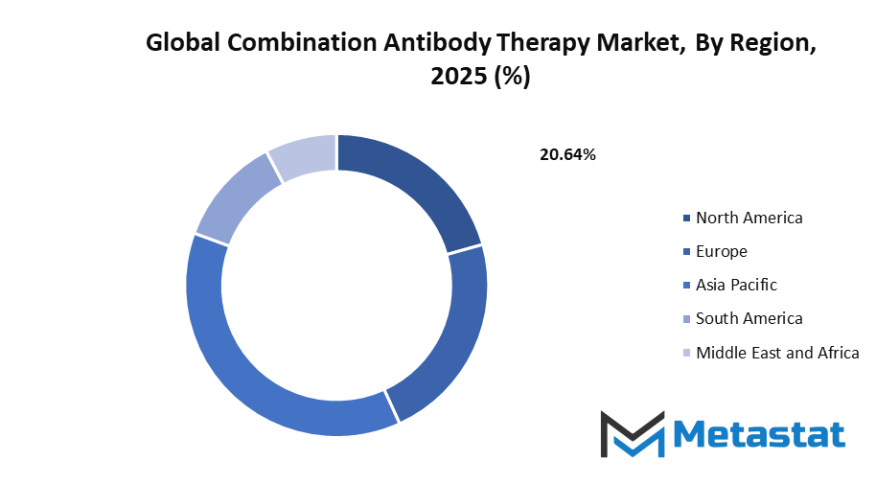
Competitive Landscape & Strategic Insights
In addressing the landscape of the global combination antibody therapy market, there is substantial engagement by a wide array of participants from large pharmaceutical corporations to start-up companies in various regional markets. The interaction between global companies and start-ups has created a competitive yet collaborative engagement that will continue to shape the future of antibody-based therapies. It is clear to see there is continued demand for combination antibody therapy because of the increase in oncology, autoimmune disease and infectious disease research will consistently sustain demand for combination antibody therapies. Combination antibody therapy involves using a combination of two or more antibodies with similar or different mechanisms to target multiple disease pathways. Combination therapies are gaining traction because of their potential to increase efficacy and reduce resistance.
The global combination antibody therapy market has a number of well-established global organizations that play significant roles including Amgen Incorporated, Bayer AG, Biogen Inc., Bristol-Myers Squibb Company, Celgene Corp, Eli Lilly and Company, F. Hoffmann-La Roche Ltd., Genmab A/S, GSK plc, Merck & Co., Inc., Mylan N.V., Novartis AG, Pfizer Inc., Roche Holdings AG, Sanofi, Seagen Inc., Seattle Genetics Inc., Sun Pharmaceutical Industries Ltd. and Teva Pharmaceutical Industries Ltd. These companies maintain solid positions in the neuroscience market primarily from years of investing in research and development to improve efficacy of therapy. Collectively, these companies possess technical strength, global reach, and ample financial resources to manage and conduct clinical trials and bring new products containing combination Adbodies' therapy to customers and patients around the world.
At present, the level of market activity has increased among local businesses working to develop affordable, niche solutions, targeting new and emerging therapeutic categories or geographies and working in collaboration with local businesses. The agility to focus and create in a targeted market niche allows these new entrants the ability to compete with legacy businesses. This combination of the incumbents and new entrants can help maintain viable competition that may drive science and broaden access to advanced therapy.
As combination antibody therapy continues to expand, pharmaceutical, biotech, and research partnerships will be vital. These partnerships will enhance the speed of clinical research and manufacturing, as well as creating ability for new, personalized treatments for their patients. With further engineering with genetics and proteins, it is likely that companies will develop more precise and safer therapeutic interventions.
Market Risks & Opportunities
Restraints & Challenges:
Increased therapy cost restrains patient access and market penetration. The global combination antibody therapy market will face considerable issues because it is too expensive in terms of research, manufacturing, and clinical studies. Normally, the elevated prices drive treatment prices higher, and therefore limits the financial ability of patients in low and middle-income regions to afford therapies. If patients can only afford a limited number of expensive therapies, then fewer will be administered. Restricted affordability will restrain adoption rates and, therefore, market access, which will hinder the overall growth opportunities of the industry for years to come.
Lengthy and complicated regulatory approval processes for combination therapy may restrict commercialization. Regulatory barriers will continue to delay the availability of combination antibody therapies in the global combination antibody therapy market. The challenges for manufacturers will include extensive clinical data requirements, longer wait for approvals, the number of regulatory reviews for composite formulations, and on top of all of these complications and new drugs that we need to review and approve will deter small biotech companies from being established in this market, and this will research slow down the pace of innovation with respect to the market.
Opportunities:
Even markets with developing healthcare infrastructure provide significant growth opportunities. The global combination antibody therapy market will see substantial opportunities as developing economies will continue to invest in healthcare infrastructure and advanced treatment centers. The combination therapies will experience increasing utilization from growing awareness, government incentivisation, and improved diagnostics. These markets will represent some of the fastest growth opportunities in the industry's future growth, with patient populations on the rise and healthcare reforms supportive of increased usage.
Forecast & Future Outlook
- Short-Term (1–2 Years): Recovery from COVID-19 disruptions with renewed testing demand as healthcare providers emphasize metabolic risk monitoring.
- Mid-Term (3–5 Years): Greater automation and multiplex assay adoption improve throughput and cost efficiency, increasing clinical adoption.
- Long-Term (6–10 Years): Potential integration into routine metabolic screening programs globally, supported by replacement of conventional tests with advanced biomarker panels.
Market size is forecast to rise from USD 256 Billion in 2025 to over USD 462.1 Billion by 2032. Combination Antibody Therapy will maintain dominance but face growing competition from emerging formats.
While biopharmaceutical firms heavily invest in novel formulations and clinical partnerships, the global combination antibody therapy market will enter a period where interdisciplinary collaborations between biotechnology companies and research organizations will become a key force. There will also be a market shift toward greater availability and affordability; thereby providing broader access to advanced treatments for the patient population. In addition, regulatory support with international clinical trials will establish a pathway toward standardized, safer antibody-based treatments. In the future, the market will not only serve as a beacon of innovation, but it will also lead the charge to transform therapeutic science. Its progress will represent a move toward a time when complex disease not only can be managed, but are curable through the union of scientific intelligence and human resolve.
Report Coverage
This research report categorizes the global combination antibody therapy market based on various segments and regions, forecasts revenue growth, and analyzes trends in each submarket. The report analyses the key growth drivers, opportunities, and challenges influencing the global combination antibody therapy market. Recent market developments and competitive strategies such as expansion, type launch, development, partnership, merger, and acquisition have been included to draw the competitive landscape in the market. The report strategically identifies and profiles the key market players and analyses their core competencies in each sub-segment of the global combination antibody therapy market.
Combination Antibody Therapy Market Key Segments:
By Type
- Antibody/Antibody
- Antibody-Drug Conjugates
- Bispecific Antibodies
- Chemotherapy-Monoclonal Antibodies
- Others
By End-Users
- Hospitals
- Homecare
- Speciality Centres
- Others
Key Global Combination Antibody Therapy Industry Players
- Amgen incorporated
- Bayer AG
- Biogen Inc.
- Bristol-Myers Squibb Company
- Celgene Corp
- Eli Lilly and Company
- F. Hoffmann-La Roche Ltd.
- Genmab A/S
- GSK plc
- Lilly
- Merck & Co., Inc.
- Mylan N.V.
- Novartis AG
- Pfizer Inc.
- Roche Holdings AG
- Sanofi
- Seagen Inc.
- Seattle Genetics Inc.
- Sun Pharmaceutical Industries Ltd.
- Teva Pharmaceutical Industries Ltd
WHAT REPORT PROVIDES
- Full in-depth analysis of the parent Industry
- Important changes in market and its dynamics
- Segmentation details of the market
- Former, on-going, and projected market analysis in terms of volume and value
- Assessment of niche industry developments
- Market share analysis
- Key strategies of major players
- Emerging segments and regional growth potential



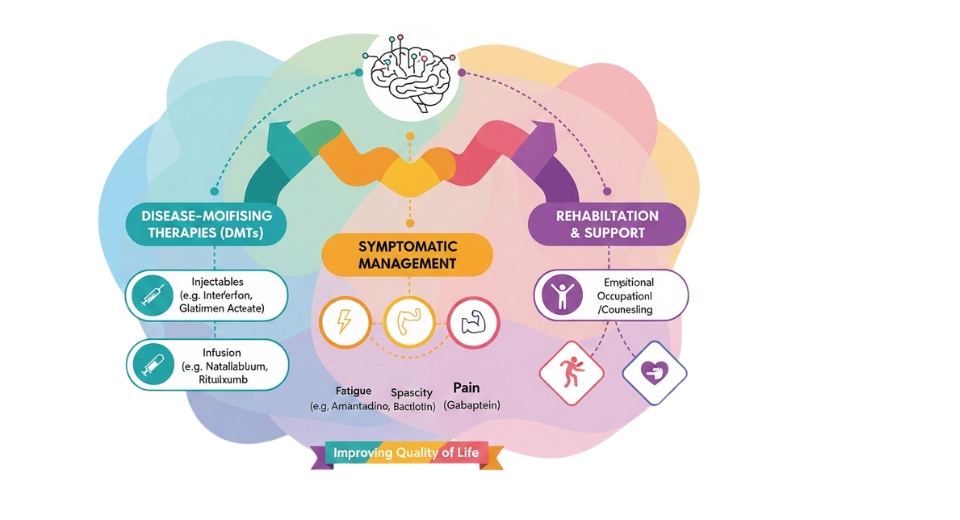
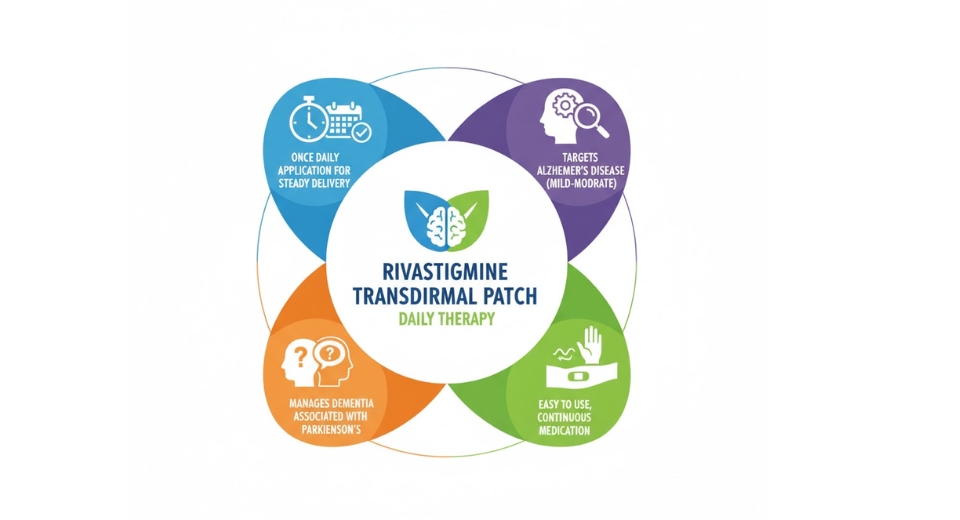
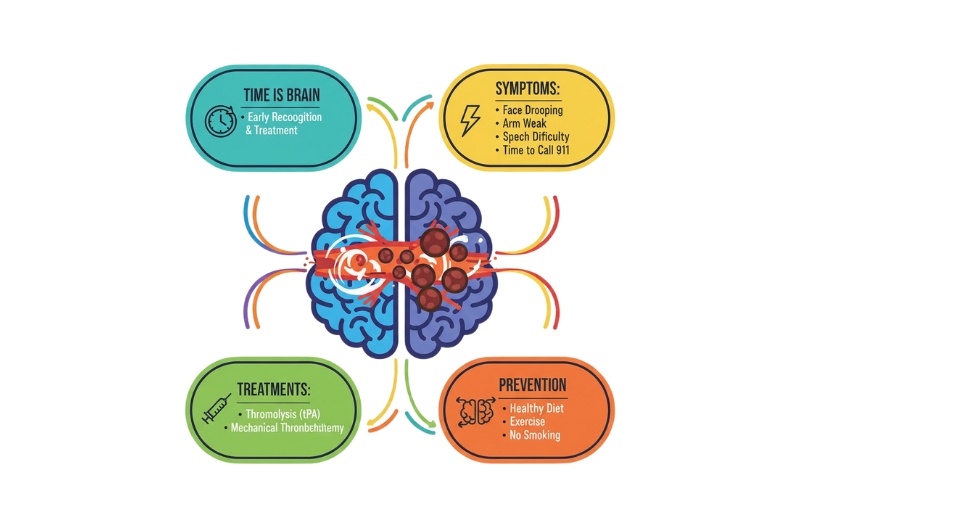
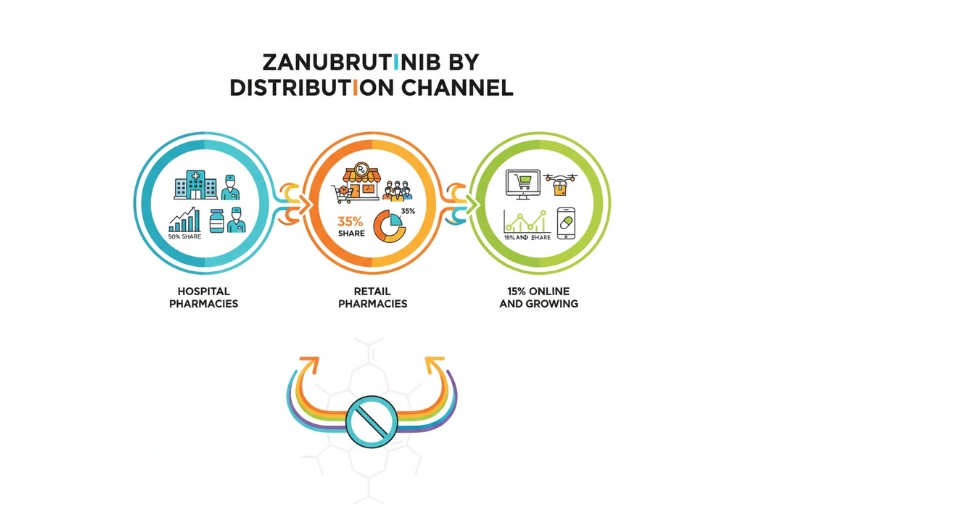

 US: +1 3023308252
US: +1 3023308252






